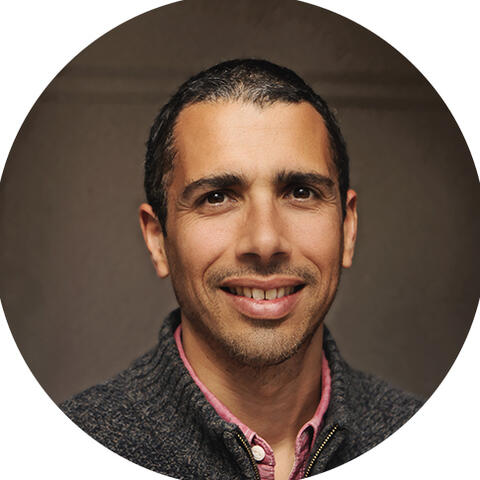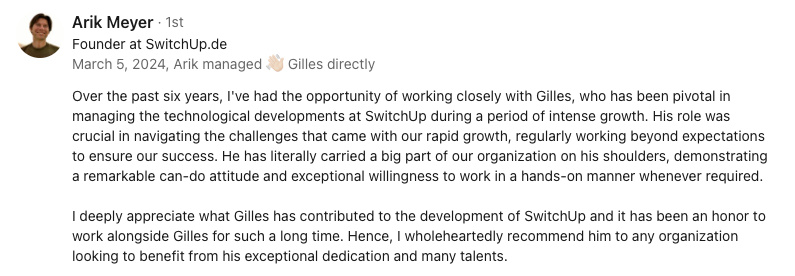Abstract:
The article explores the diverse European tech landscape, highlighting the unique challenges and opportunities faced by female entrepreneurs across different regions. It uses Berlin and Lisbon as examples, noting Berlin's emphasis on sustainability and inclusion and Lisbon's appeal as a lifestyle-friendly startup hub, underscoring the need for tailored strategies in these environments. The piece emphasizes the impact of regional regulations, such as Germany's grants and France's "La French Tech" initiative, on female entrepreneurship. It also discusses the importance of local market insights for global expansion, allowing women to customize their products and strategies effectively. Support systems like the EU's Digital Europe Programme and Women TechEU, along with local networks and accelerators such as Techstars and Female Founders, are crucial in providing the mentorship and resources necessary for women to thrive in tech. Overall, the article underscores the importance of understanding regional differences and leveraging support systems to empower female entrepreneurs in Europe's tech sector.
Navigating the European tech scene can be challenging, especially for female entrepreneurs. Each region has its own cultural, economic, and regulatory dynamics. Take Berlin and Lisbon as examples—they're both bustling tech hubs but offer different benefits. Berlin focuses on sustainability and inclusion, while Lisbon attracts startups with its lifestyle and growing tech community. These differences mean women need tailored strategies to succeed in the tech sector. Let's look at the support systems helping them turn challenges into opportunities.
Exploring Europe's Diverse Tech Ecosystem
Regional Diversity Across Europe's Tech Landscape
The European tech ecosystem is a patchwork of diverse regions, each with its own set of opportunities and challenges for female entrepreneurs. In places like Berlin and Lisbon, innovation is fueled by local cultures. Berlin emphasizes sustainability and inclusion, whereas Lisbon is becoming a hotspot for startups thanks to its attractive lifestyle. These environments shape how tech innovation happens and influence how female entrepreneurs can seize opportunities. Living in these cities shows that women need specific strategies to thrive in different tech sectors. Women are increasingly driving innovation and fostering inclusive cultures within these tech hubs, paving the way for future entrepreneurs.
Regulatory Impacts on Female Tech Entrepreneurs
Regulations in Europe can greatly affect tech entrepreneurship. Each country has its rules and incentives. Germany, for example, offers strong support for tech startups through grants, but women often face hurdles in getting venture capital. France promotes startups with initiatives like La French Tech, which focuses on increasing female participation. Knowing these regulatory details is key for women who want to start and grow their businesses. This knowledge helps them use local policies to their advantage, positioning themselves well in Europe's tech scene. For instance, in Berlin, the challenge of accessing venture capital can be daunting, but understanding the local support mechanisms can help women prove their technical and business viability.
Local Insights for Global Expansion
Understanding local markets is crucial for entrepreneurs who want to scale globally. Female tech entrepreneurs can use local insights to tailor their products and strategies for specific regions, making it easier to enter international markets. By connecting with local communities and industry networks, they can gather important feedback and adapt their offerings. This approach not only helps them customize solutions but also strengthens their foundation for sustainable growth, setting them up for success across borders. I remember when I first expanded my business internationally; the insights I gained from local mentors were invaluable in adjusting my strategies to fit different markets.
Support Systems Empowering Women Tech Entrepreneurs
EU Initiatives and Regional Efforts
The EU supports female tech entrepreneurs with programs like:
- Digital Europe Programme: Focuses on enhancing digital skills.
- Women TechEU: Supports early-stage, female-led startups with grants and mentorship.
These initiatives show the EU's commitment to gender equality, creating a supportive environment for women in tech. Local support networks also play a crucial role in boosting female entrepreneurship across Europe.
The Influence of Local Networks and Accelerators
Local and regional support networks, such as incubators and accelerators, are vital for nurturing female tech talent. They offer mentorship, workshops, and resources essential for business growth. Incubators like Techstars and 500 Startups provide platforms for refining ideas and connecting with investors. Female-focused accelerators, like Ada’s List and Female Founders, offer networking opportunities crucial for women looking to scale their ventures. These programs help overcome barriers and build the confidence needed to succeed in the tech sector.
As you look at Europe's tech landscapes, it's clear female entrepreneurs have many opportunities amidst different regional cultures and regulations. Berlin's focus on sustainability and Lisbon's startup-friendly vibe offer unique platforms for innovation. Understanding these differences is key to crafting effective strategies. Plus, the support from the EU and local networks is crucial for empowering women in tech, providing essential resources and mentorship to turn challenges into success.














